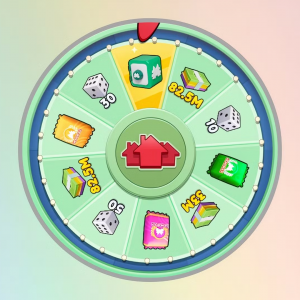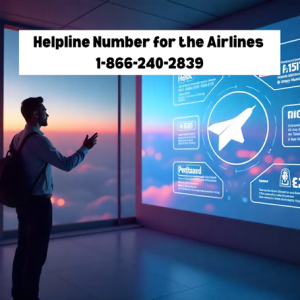In the ever-evolving landscape of technological advancements, a new innovation has emerged that is poised to revolutionize the way humans interact with each other and with machines. Chat GPT, an AI chatbot developed by OpenAI, is a groundbreaking tool that utilizes natural language processing to generate human-like text responses. This technology has far-reaching implications for various aspects of our lives, from customer service to education, and even creative writing.
One of the most significant impacts of Chat GPT is its potential to transform the customer service industry. Imagine a world where you can have a conversation with a chatbot that is indistinguishable from a human customer support agent. No more tedious phone calls, no more frustrating email exchanges, no more endless waiting on hold. With Chat GPT, you can get instant answers to your questions, solutions to your problems, and even emotional support during difficult times.
But ChatGPT's capabilities extend far beyond customer service. In the realm of education, this technology can be used to create personalized learning experiences for students. Imagine an AI tutor that can adapt to a student's learning style, pace, and abilities, providing real-time feedback and guidance. This can be especially beneficial for students who require extra support or have unique learning needs.
Chat GPT also has the potential to revolutionize the way we approach creative writing. Imagine being able to collaborate with an AI that can generate ideas, develop characters, and even write entire drafts. This technology can be a powerful tool for writers, helping them to overcome writer's block, develop new ideas, and even improve their writing skills.
However, as with any new technology, there are also concerns about the potential risks and challenges of Chat GPT. One of the most significant concerns is the potential for AI to replace human workers, especially in industries where tasks are repetitive or can be easily automated. There is also the risk of AI generating biased or inaccurate information, which can have serious consequences in fields such as healthcare and finance.
Despite these concerns, the potential benefits of Chat GPT are undeniable. This technology has the potential to transform the way we interact with each other and with machines, making our lives easier, more efficient, and more enjoyable. As we continue to develop and refine this technology, it is essential that we also address the potential risks and challenges, ensuring that ChatGPT is used responsibly and ethically.
In conclusion, Chat GPT represents a significant leap forward in the development of AI technology. Its potential to transform various aspects of our lives is vast, and its implications are far-reaching. As we continue to explore the possibilities of this technology, it is essential that we also consider the potential risks and challenges, ensuring that Chat GPT is used to benefit humanity as a whole.






